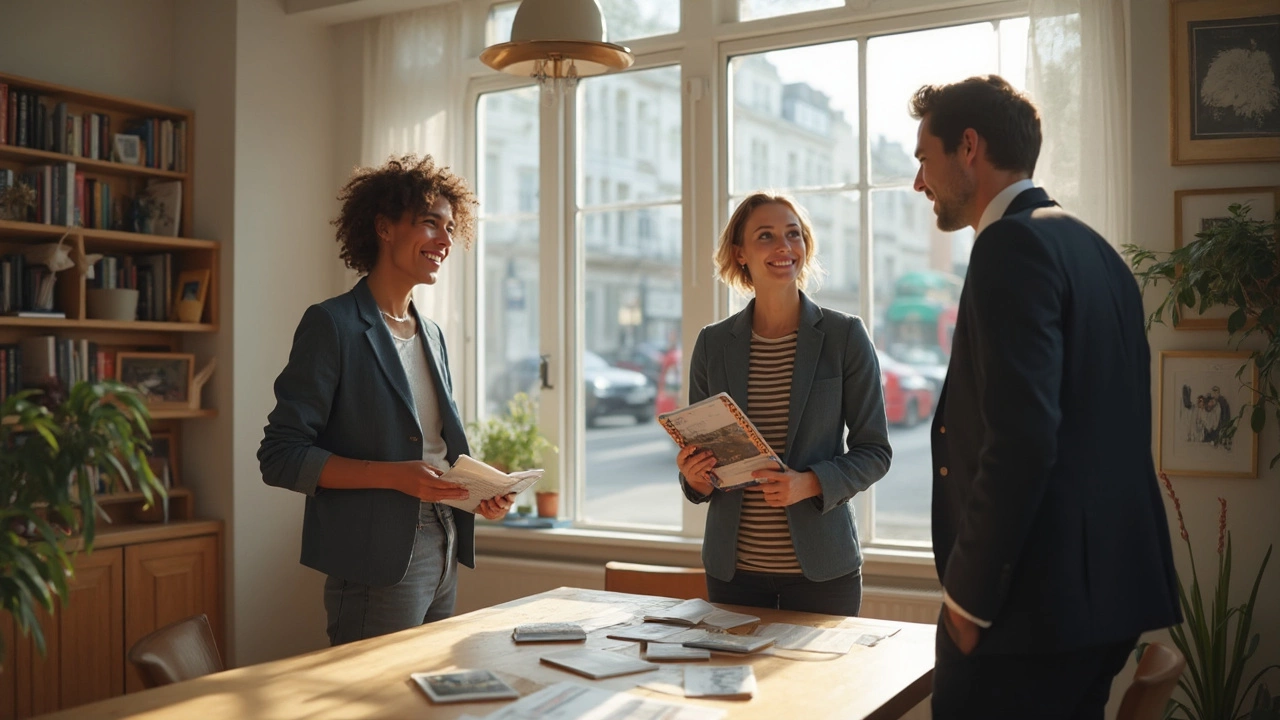Buying House Made Simple: What You Need to Know
If you’re thinking about buying a house, the first thing you probably feel is a mix of excitement and overwhelm. You’ve got dreams of fresh paint, a backyard, maybe a spare room for a home office. At the same time, words like "mortgage," "deposit," and "shared ownership" start to sound like a foreign language. The good news? You don’t have to become a finance guru to make a smart purchase. Below are the core steps and shortcuts that help most first‑time buyers turn a house hunt into a house key.
Understanding Down Payments
The down payment is the cash you put down upfront. In the UK, it’s often called a deposit. Most lenders expect somewhere between 5% and 20% of the purchase price. For a £250,000 property, a 10% deposit means £25,000 in the bank. If that sounds steep, remember you can qualify for lower‑percentage loans, especially if you’re a first‑time buyer. Government schemes like Help to Buy can cover part of the gap, letting you secure a home with as little as 5% down.
How you save matters too. Set a realistic timeline, cut non‑essential spending, and consider a dedicated savings account that offers a higher interest rate. Some people also boost their savings with a side gig or by selling items they no longer need. Every pound you add to your deposit reduces the loan amount, which in turn shrinks monthly payments and the total interest you’ll pay over the loan term.
Shared Ownership: A Smart Alternative
Shared ownership lets you buy a share of a property—usually between 25% and 75%—and rent the rest from a housing association. It’s a good middle ground if full ownership feels out of reach. You pay a mortgage on the portion you own and rent on the rest, often at a reduced rate compared to market rent. As your finances improve, you can buy additional shares (known as “staircasing”) until you own 100% of the home.
The key advantages are lower upfront costs and smaller monthly outgoings. However, you’ll still need a deposit for the share you purchase, and you’re subject to the rules of the housing association, which can affect things like renovations or subletting. Make sure you read the lease carefully and factor in service charges that can add to your monthly bill.
Beyond down payments and shared ownership, a few other practical tips can keep the process smooth:
- Get a mortgage agreement in principle. This shows sellers you’re serious and gives you a clear idea of what you can afford.
- Shop around for lenders. Interest rates and fees vary, so a quick comparison can save you thousands.
- Budget for extra costs. Stamp duty, legal fees, survey fees, and moving costs can add up fast.
- Think long term. Consider how long you plan to stay, potential resale value, and whether the neighbourhood fits your lifestyle.
Finally, don’t underestimate the power of a good real‑estate agent. An agent who knows the Florin Court area can point out hidden gems, negotiate better terms, and guide you through paperwork. Look for someone who listens, answers your questions promptly, and has a track record of closing deals similar to yours.
Buying a house isn’t a sprint; it’s a series of small, manageable steps. Start with a clear savings goal, explore down‑payment help, consider shared ownership if it fits your budget, and lean on professionals when needed. Follow these basics, and you’ll move from dreaming about a front door to actually turning the key.

How Do You Start a Conversation With a Property Agent?
Ever found yourself unsure about approaching a property agent? This guide breaks down practical ways to start that first conversation, whether you're buying, renting, or just curious about the market. Get straight-to-the-point tips, real examples of what to say, and learn how to make a good impression with estate agents near you. Understand what questions actually matter so you don't waste your time or theirs. Feel more confident from the first message or call.